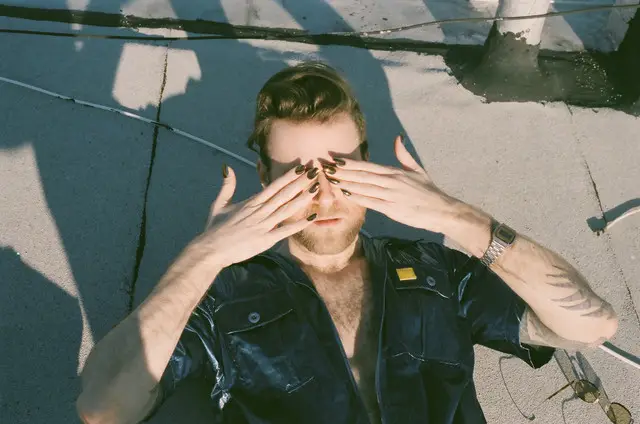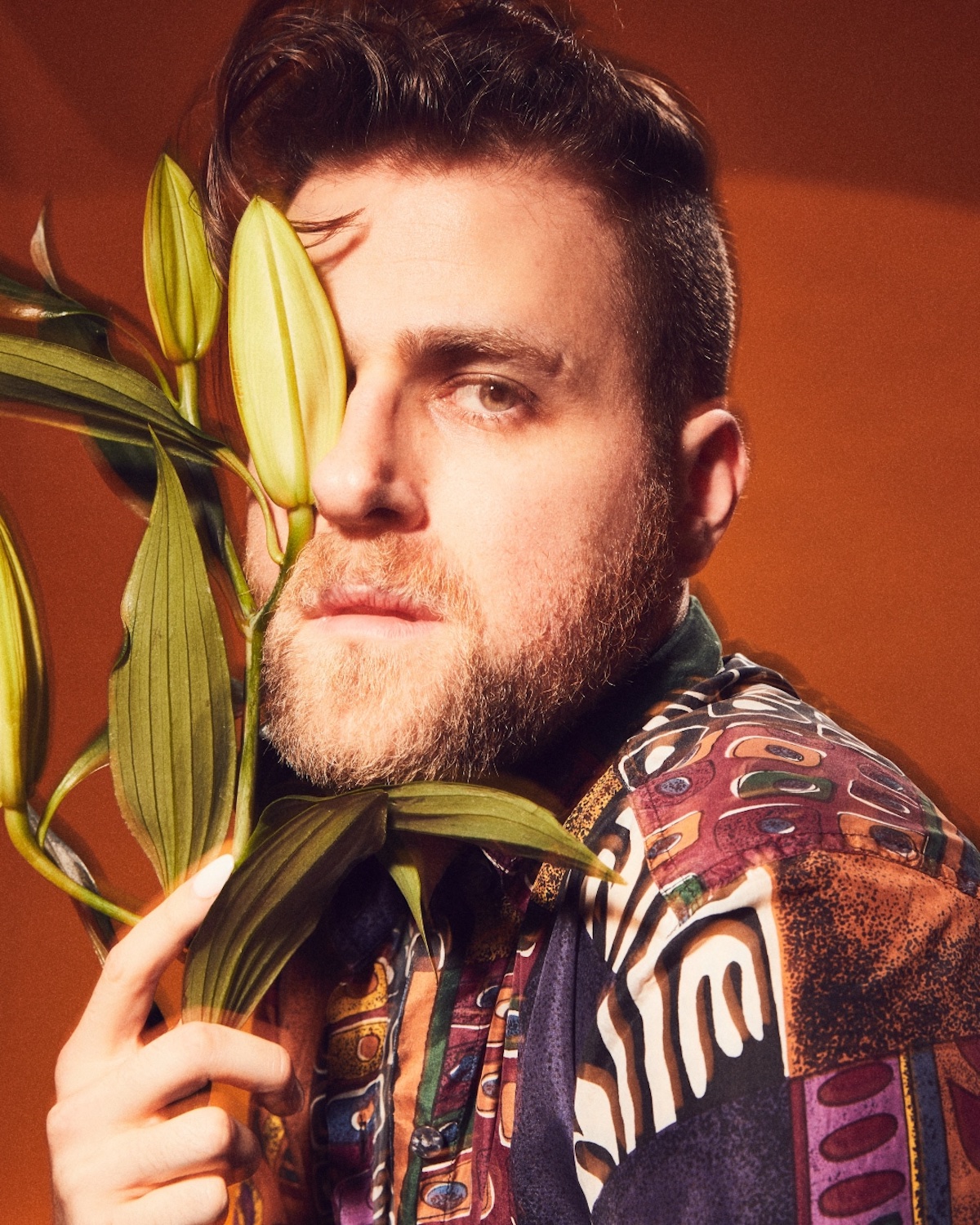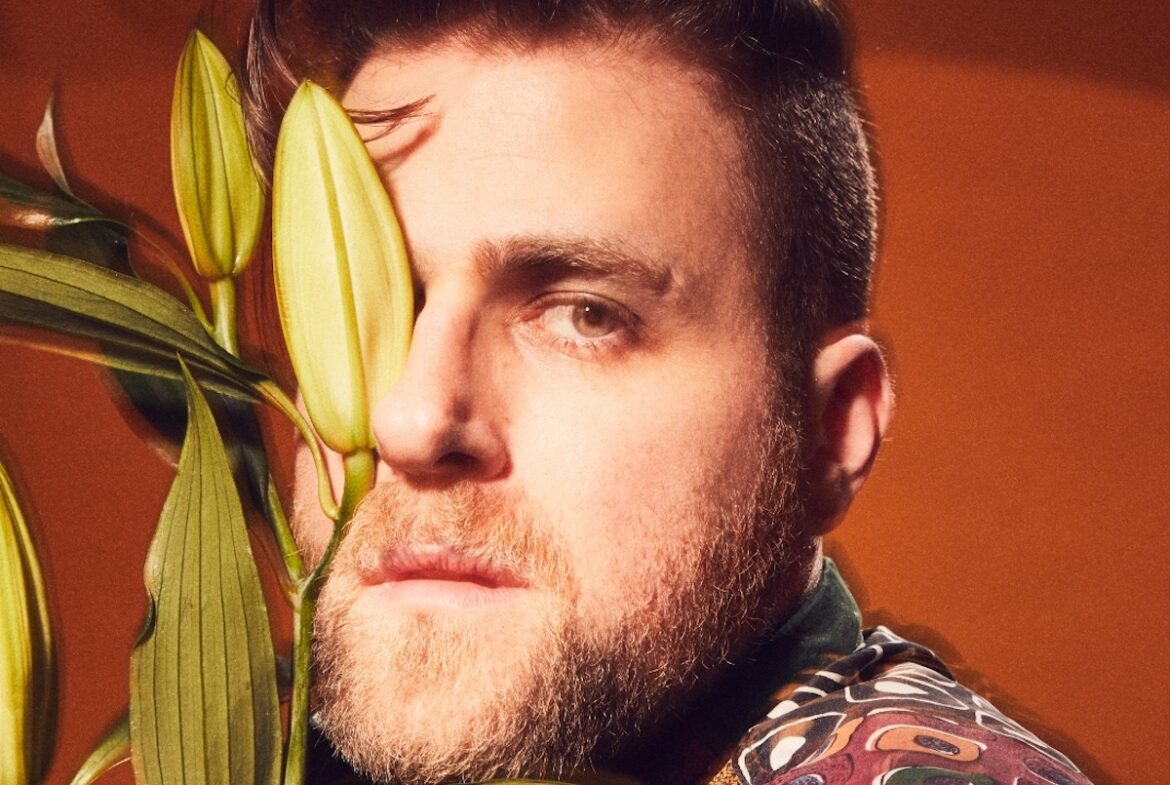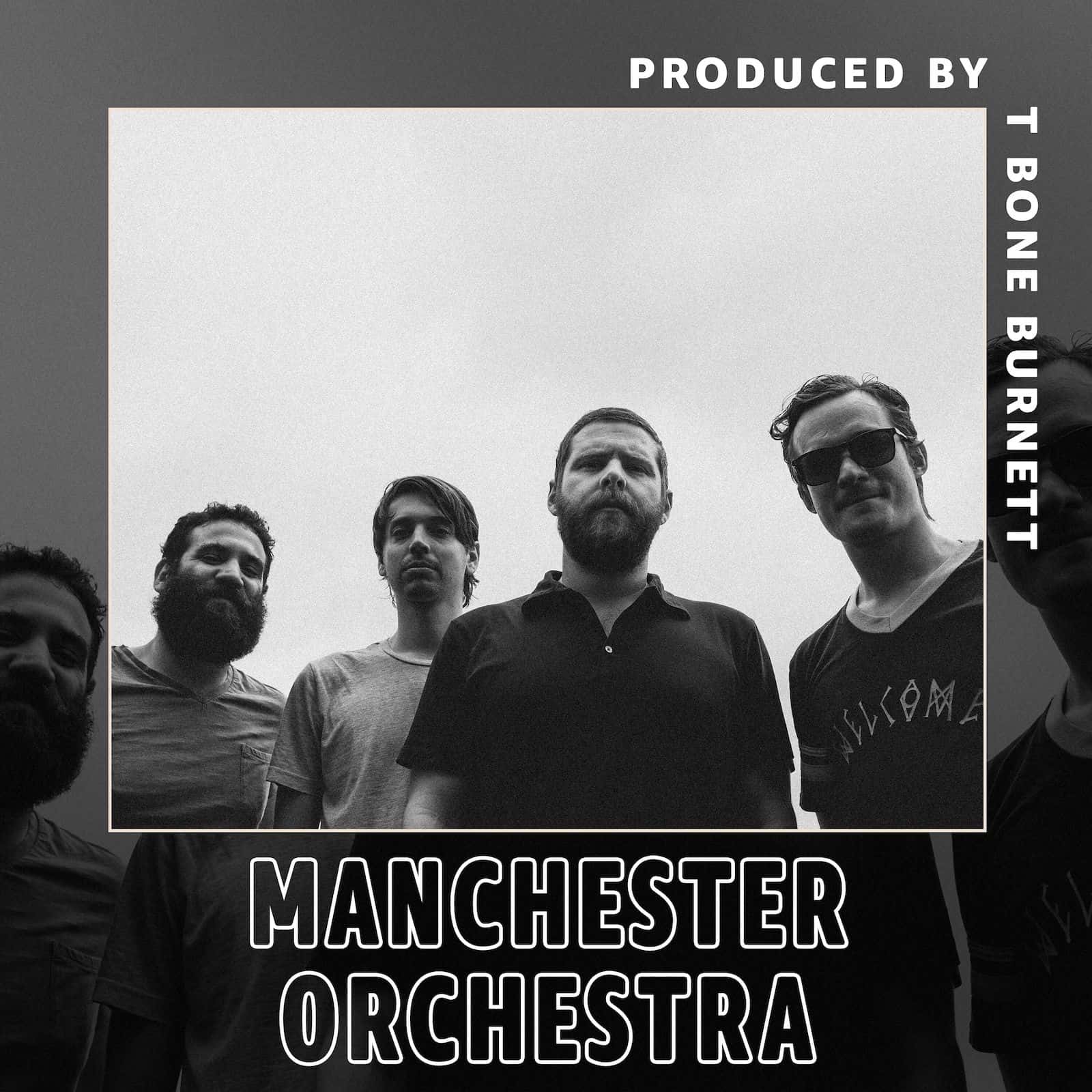In honor of Pride Month, Atwood Magazine has invited artists to participate in a series of essays reflecting on identity, music, culture, inclusion, and more.
•• •• •• ••
Today, DOV shares his essay, “Toxic Masculinity in the Queer Community: Our Own Worst Enemies,” as a part of Atwood Magazine’s Pride Month series!
The son of a left wing political activist, DOV migrated to NYC from Tel Aviv’s conflicted ideals, as they didn’t fit the life that he wanted to lead as a queer liberal musician and artist. The Queer, Jewish, Brooklyn-based producer recently released an electric collaboration with recording artist Tesha, entitled “Hold You Down.” The two artists found synergy in grief, as they both share a similarly traumatic experience with the loss of loved ones. DOV lost his mom in 2021 and Tesha lost both of her parents a few years ago; the two artists found comfort in making art and music together, expressing their deepest sorrows alongside someone who could understand what they were going through.
Telling his own story, DOV understands that these feelings are universal human experiences, which is why he chose to put his thoughts in a song that people could relate to. Inspired by the art of ‘voguing’, DOV chose to collaborate with a voguer named Aries Martinez-Wade for the visual. Meant to represent his mother, Robert Jamie Mason, the voguer plays the main character, captivating the camera with his every move.
•• ••
“TOXIC MASCULINITY IN THE QUEER COMMUNITY, OUR OWN WORST ENEMIES”

by DOV
In recent years, the queer community has made significant strides towards inclusivity and acceptance. However, there remains an undercurrent of toxic masculinity that can hinder progress and perpetuate harmful stereotypes, especially on dating and hookup apps. Toxic masculinity, a set of rigid expectations placed upon men and masculine individuals, can have detrimental effects within the queer community. It promotes notions of dominance, aggression, emotional suppression, and the devaluation and rejection of feminine individuals.
These expectations can pressure queer individuals to conform to traditional masculine ideals, denying them the freedom to express their gender identity authentically. The perpetuation of toxic masculinity not only harms those who deviate from its norms but also contributes to a culture of exclusion and discrimination, hindering progress towards a more inclusive society.

During my last visit to Israel, where I grew up, I was reminded of how toxic masculinity can affect people and how it remains deeply rooted in our community and communication, particularly through dating and hookup apps. As a queer person and an artist, I fully express myself on social media, although I don’t consider myself strictly feminine or masculine.
I try not to define myself using these terms because I believe they shouldn’t matter so much to others or affect my attractiveness. Despite this, I’ve received numerous questions and rejections from guys regarding some of my pictures where I wore nail polish and women’s clothing. They would say things like, “You’re too feminine for me” or insist that I identify as “masculine” to alleviate their concerns. It was an awful experience, of course.

While people are entitled to their preferences, categorizing someone as “fem” or “masc” is not a valid type. It delves more into personality, and rejecting someone solely based on being “too feminine” without knowing them at all should not be tolerated in our community. After years of society’s rejection of queer individuals, it’s disheartening to witness us becoming our own worst enemies. We can and should treat each other better by being less judgmental and more open to what we don’t yet understand. – DOV
— —
:: connect with DOV here ::
— — — —

Connect to DOV on
Facebook, Instagram
Discover new music on Atwood Magazine
© Oscar Ouk
:: Stream DOV ::


 © Oscar Ouk
© Oscar Ouk





